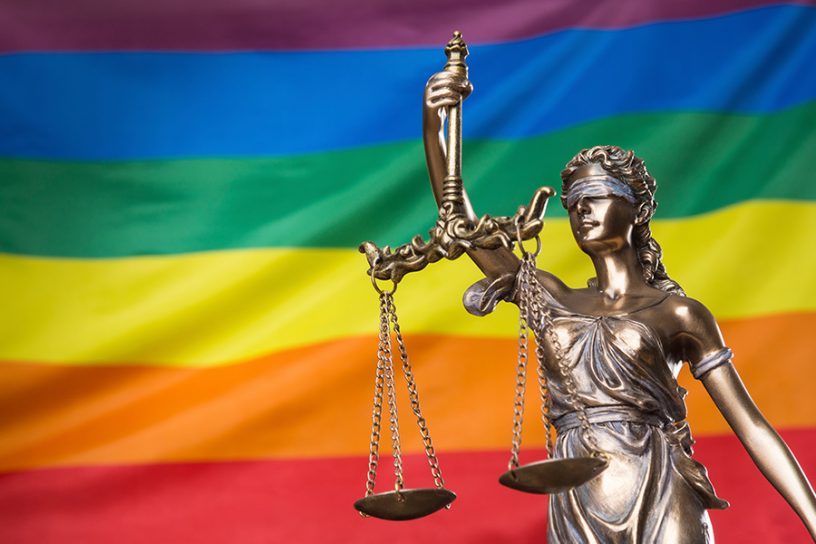
In reading down Section 377 of the Indian Penal Code, 1860, the Court reaffirmed its position that an adult has the autonomy to choose whom to have sexual relations with.
Author
Shraddha Chaudhary, Lecturer, Jindal Global Law School, O.P. Jindal Global University, Sonipat, Haryana, India.
Summary
The Supreme Court of India in Navtej Singh Johar v. Union of India (2018), read down §377 of the Indian Penal Code, 1860. I argue that in reaching this verdict, the Court furthered the use of ‘love’ in legal reasoning. It did so, first, by reaffirming its position that an adult has the autonomy to choose whom to have sexual relations with.
However, this individual autonomy-centric view, I argue, cannot become the foundation for the wider recognition of LGBTQ+ rights because it views autonomy as liberty, and demands only non-interference in the individual’s private sphere.
I argue that the second, and more profound, understanding of love acknowledges its transformative potential, its power to break down oppressive structures, and its role as an anchor of individual identity.
This paves the way for the legal recognition of queer relationships on the one hand, and the reform of orthodox opposite- sex relationships, on the other.
Published in: NUJS Law Review
To read the full article, please click here.


